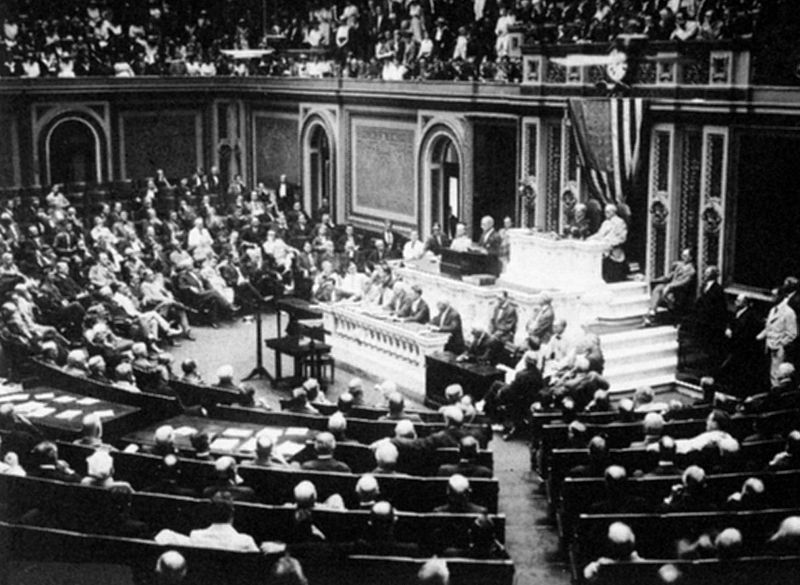Patience can only last so long, especially when the patience is running out because one has had enough. For example, As much as the United States wanted to stay neutral during World War I, they could only tolerate so much. America thought there was no reason to join either sides, and plus they didn’t have a clue on who would win. By setting an example of peace to the world, America stuck with their choice of staying neutral. Little by little, the Germans pushed America to their limit, causing them to go to war. Incidents such as submarine warfare, Wilson being reelected, and the Zimmermann note all led to the “sinking” of America’s patience, causing them to enter the war.
As the WWI progressed, Great Britain began to make more use of their naval strength by setting up blockades along the coast of Germany to prevent weapons and other military goods from getting through. This led to the starvation of about 750,000 Germans. In response, Germany set up a submarine blockade, which meant any ship found in the water around Britain, would be sunk without any warning. With Great Britain being one of America’s allies, when the worst disaster occurred, the sinking of the Lusitania, the American opinion toward Germany became very negative. The sinking of the Lusitania killed 1,198 people, including 128 Americans.. Now with Germans actually taking American lives away, America became very angry with Germany. Americans felt that they should not have to sit and watch their people being killed when this was an European war, one in which they agreed to stay neutral. This thought led America one step closer to entering war, but still America waited.
After a very long election, a year later, in 1916, the man that “kept us out of war”, Woodrow Wilson, was reelected. It was then that Wilson tried to end the war by attempting to get both sides of the war to agree on terms in which they would be willing to stop fighting for. This meant that the fighting would end, and there would be no winner. However, Wilson’s plan also meant that all nations would join in a League of Peace to  sustain international peace and cooperation. Germany did not agree but instead felt they had a good chance to take over Great Britain by going back to their original plan of submarine warfare. German announced that they would be sinking all ships in British waters, whether they were enemies or neutral. Wilson was shocked that the German would now start to sink their ships, the government and him knew that their country was gradually moving closer to entering the war, but made the decision to continue on waiting.
sustain international peace and cooperation. Germany did not agree but instead felt they had a good chance to take over Great Britain by going back to their original plan of submarine warfare. German announced that they would be sinking all ships in British waters, whether they were enemies or neutral. Wilson was shocked that the German would now start to sink their ships, the government and him knew that their country was gradually moving closer to entering the war, but made the decision to continue on waiting.
After Wilson failed to gain peace, British agents gained possession of a secret telegram from the Germans to the Mexicans. This telegram questioned Mexico if they would form an alliance with Germany, promising that if war with the U.S. broke out, that Germany would protect and support Mexico. Now with Germany turning against America by sinking their ships and trying to get other countries against America, this telegram added to all the reasons the U.S. needed to take part in the war. Wilson and his country had no choice but to take action.
It was now that America felt they needed to enter the war in order to obtain a better future in regards to their peace and freedom. America’s patience year by year was slowly “sinking”,
especially with Germany keeping a close eye on them. With the U.S. on their way to war, the major events in which pushed them into war would not be forgotten. The submarine warfare, the reelection of Wilson, and the Zimmerman note are left in the history of America’s cause for going to war.
